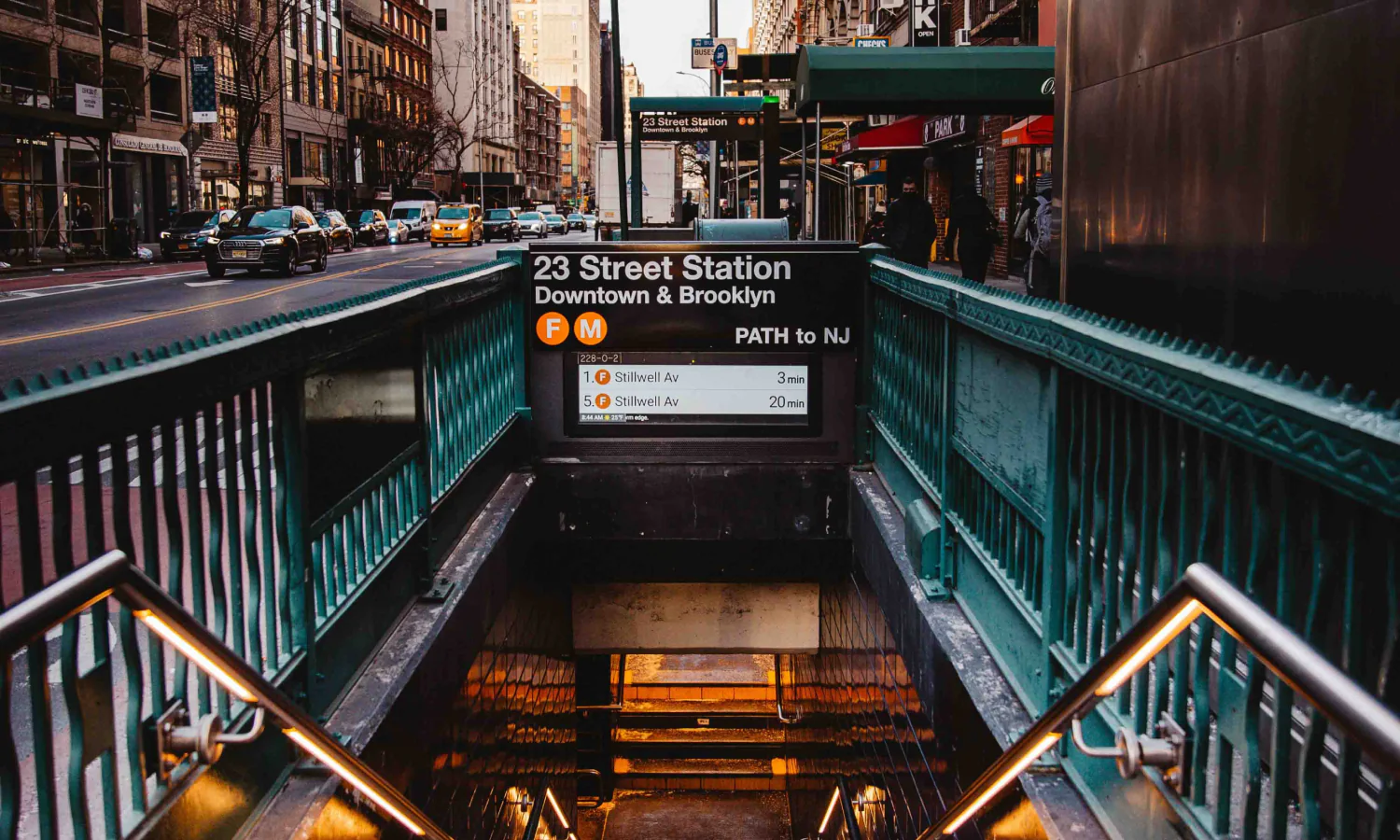
Newsletter Subscribe
Enter your email address below and subscribe to our newsletter

Enter your email address below and subscribe to our newsletter
Discover if BS4 cars will face a ban with India’s upcoming BS7 emission norms. Learn the implications for owners, government policies, and possible solutions.
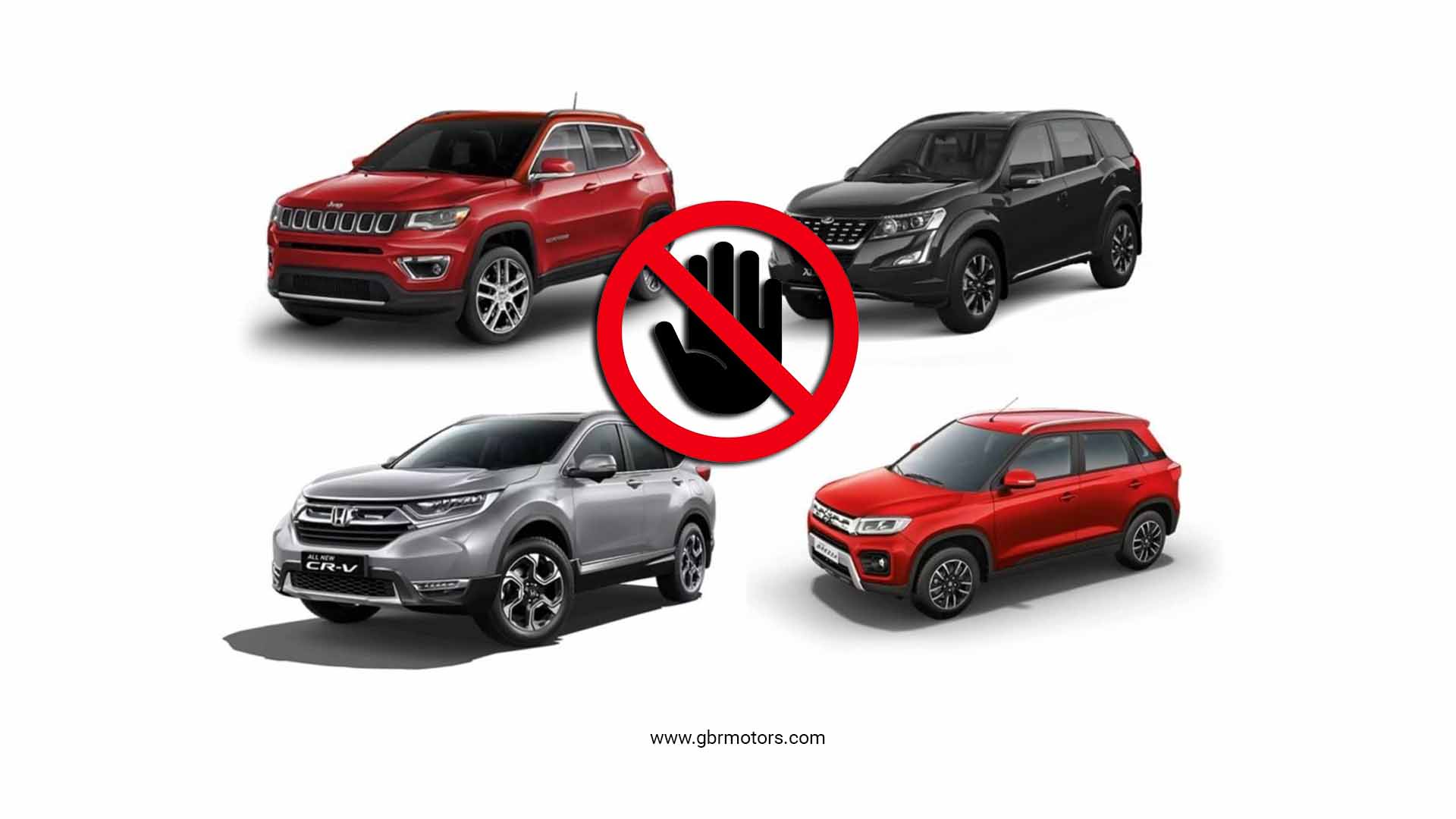
Bharat Stage (BS) emission standards are regulatory frameworks established by the Indian government to control pollutants emitted by vehicles. These norms, aligned with global standards like Euro norms, ensure automakers adopt cleaner technologies.
India transitioned directly from BS4 to BS6 in 2020, skipping BS5, to combat air pollution. With talks of BS7 norms emerging, vehicle owners are concerned: Will BS4 cars be banned when BS7 emission norms arrive? Let’s explore the possibilities.
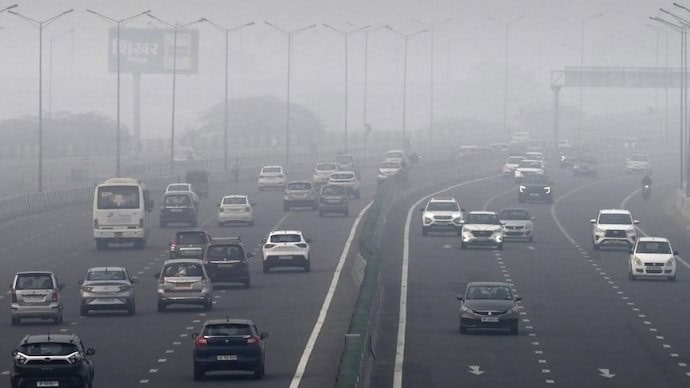
When BS6 norms were implemented in April 2020, the sale and registration of new BS4 vehicles were immediately banned. However, existing BS4 cars remained legal to drive. Some cities, like Delhi, later restricted older vehicles during pollution peaks. Key takeaways:
While BS7 norms haven’t been officially announced, they’re anticipated to be stricter than BS6. Potential changes include:
BS7 could debut by 2030, aligning with India’s 2070 carbon neutrality target.
Based on past trends, here’s what’s likely:
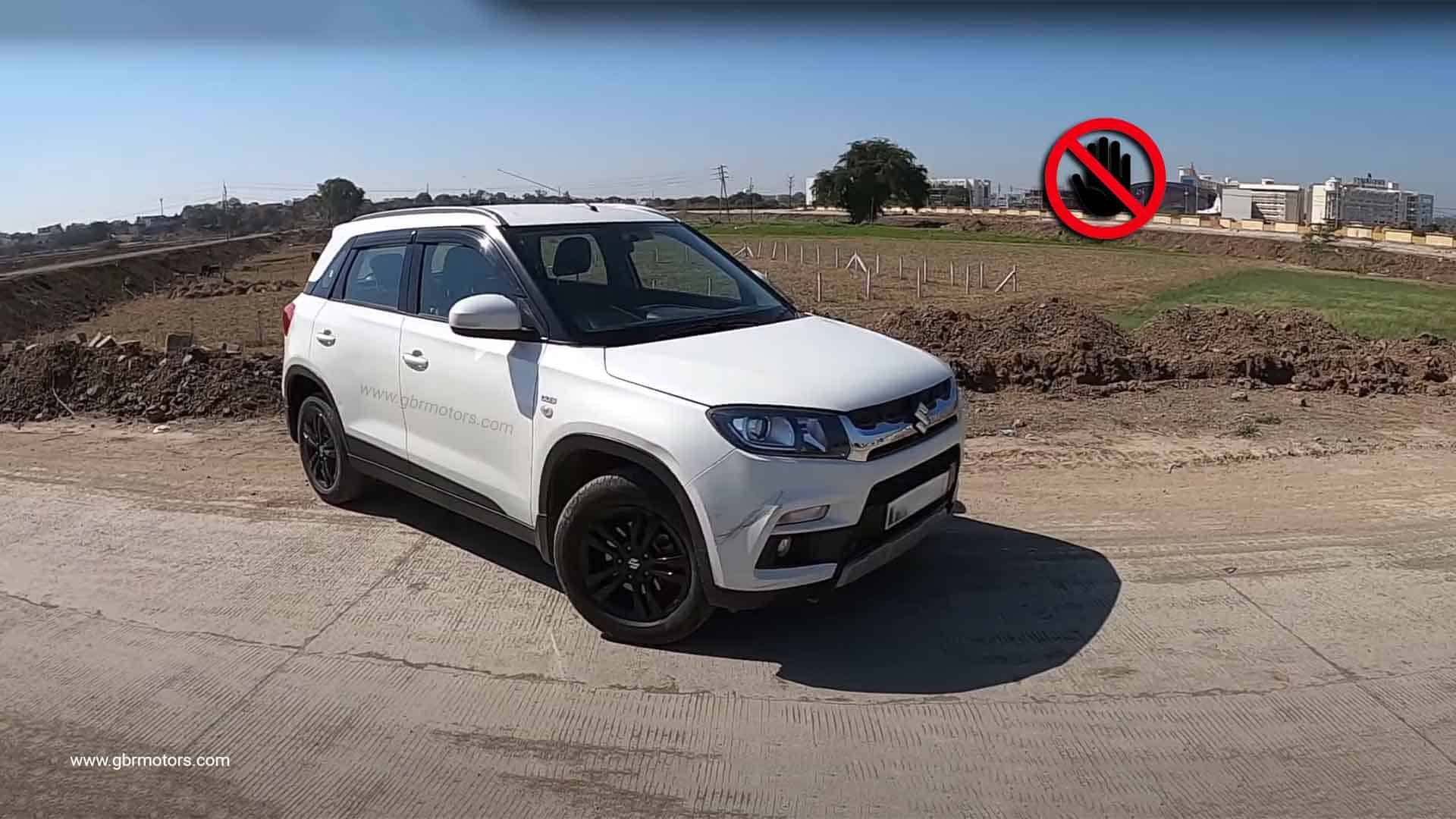
Factors Influencing BS4’s Future
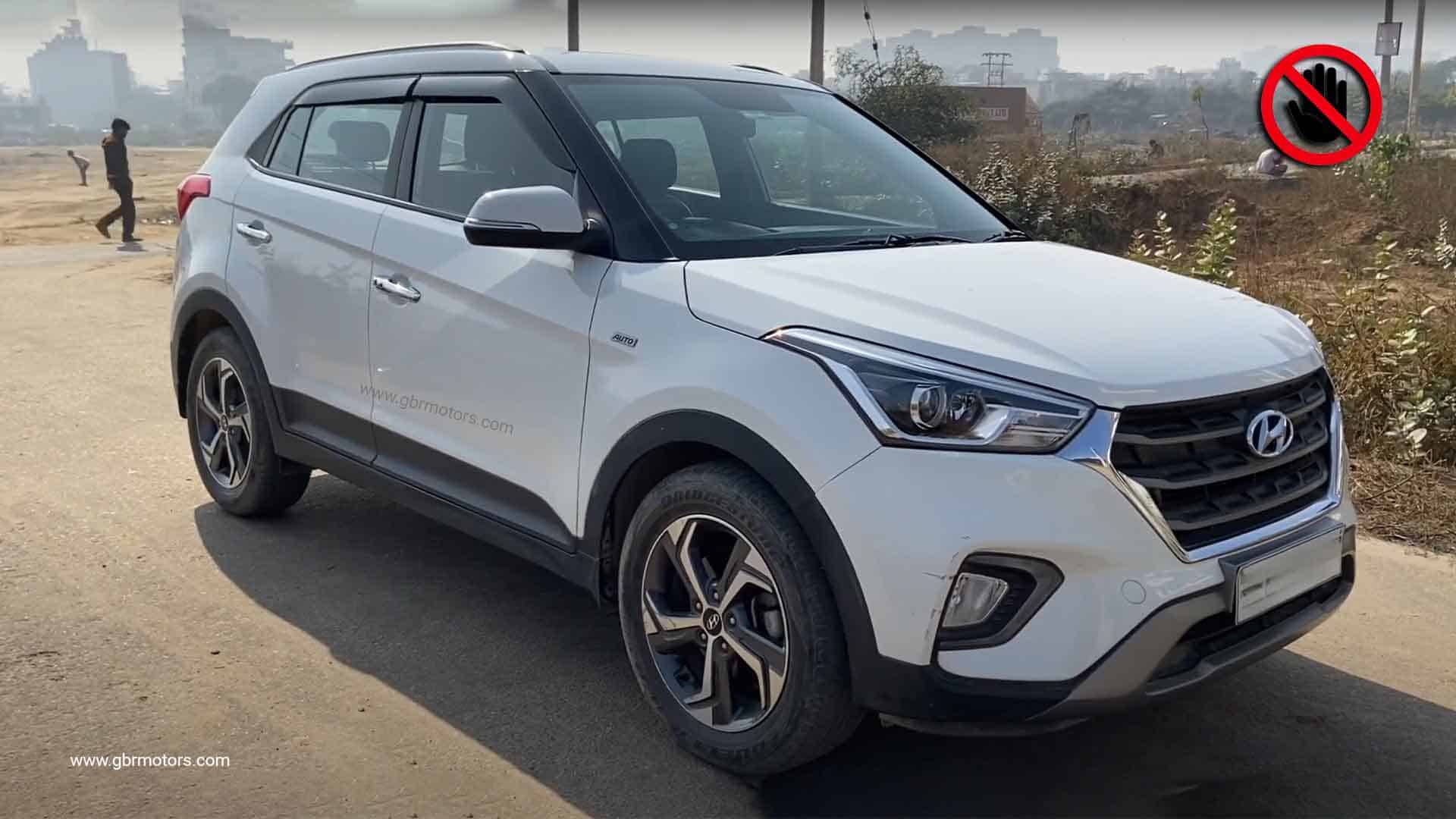
While BS4 cars are unlikely to face an immediate nationwide ban under BS7 emission norms, owners should anticipate gradual restrictions, especially in metro cities. Proactive measures—staying updated, maintaining vehicles, and exploring scrappage incentives—can ease the transition. As India marches toward cleaner mobility, adapting early ensures you stay ahead of policy curves.
Final Tip: Bookmark government portals like MoRTH for real-time updates. The road to BS7 emission norms may be long, but informed decisions today can safeguard your commute tomorrow.